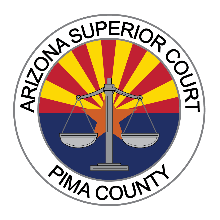Mediators serve as neutral participants who assist parties in having a meaningful, open discussion about the issues impacting the family. Mediators direct the communication in a way to help people understand each other’s positions and interests as they attempt to resolve problems. Mediators also assist participants with paperwork, legal documents (e.g., orders and Memorandums of Understanding), and calendaring.
PCJCC adopted a model of mediation that emphasizes the process between the parties--not settlement of the issues. Therefore, our mediation sessions are not outcome-driven. The mediators have professional backgrounds in law, psychology, and/or social work. They have all had additional training in mediation and in juvenile court rules and practices. Sessions with the mediators are confidential according to the statute, and mediators will only report agreements or other information with permission of the parties. (Note: mediators must report safety issues such as threats or new allegations of abuse/neglect.)



